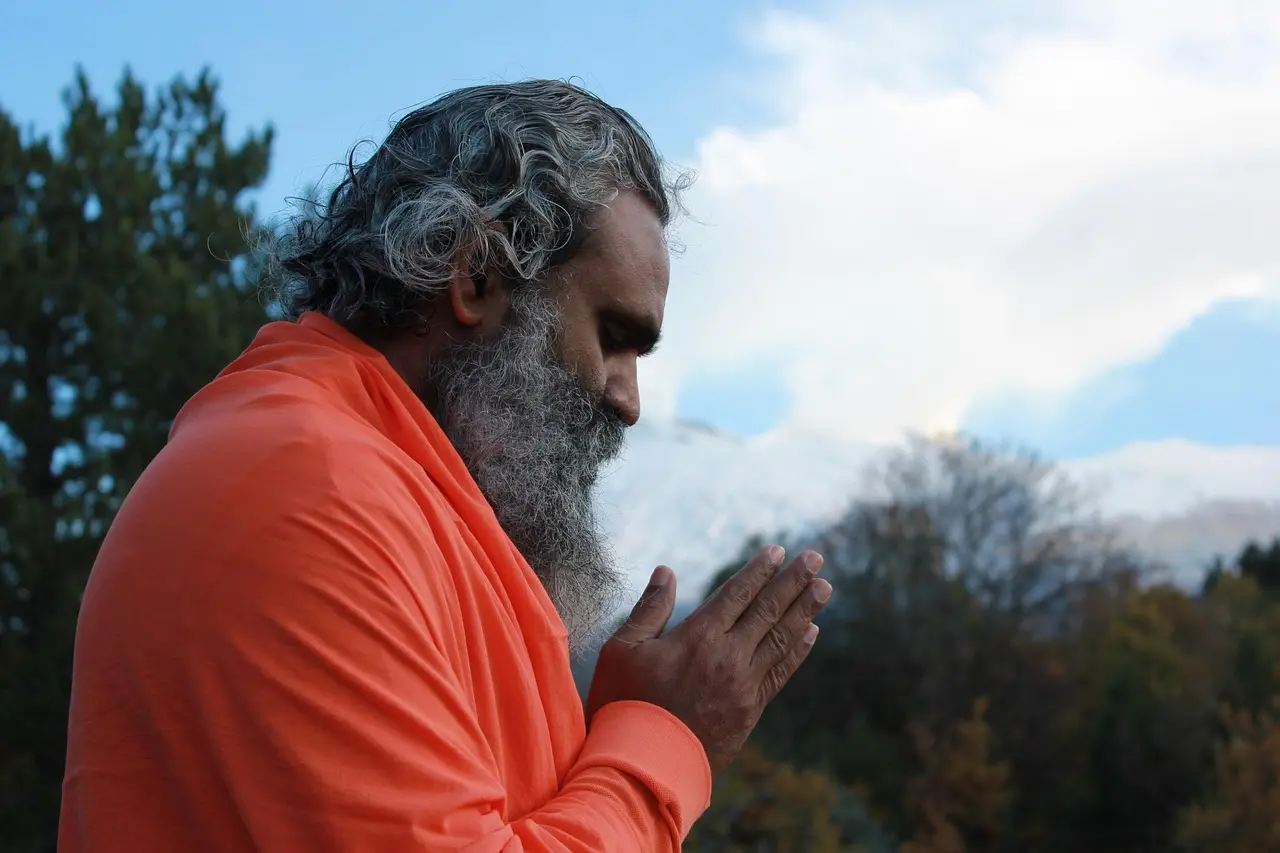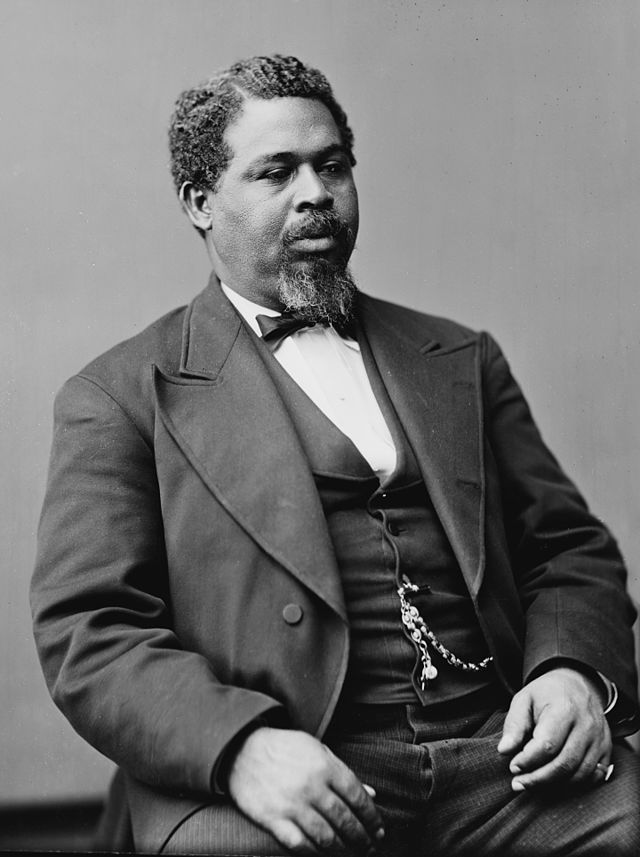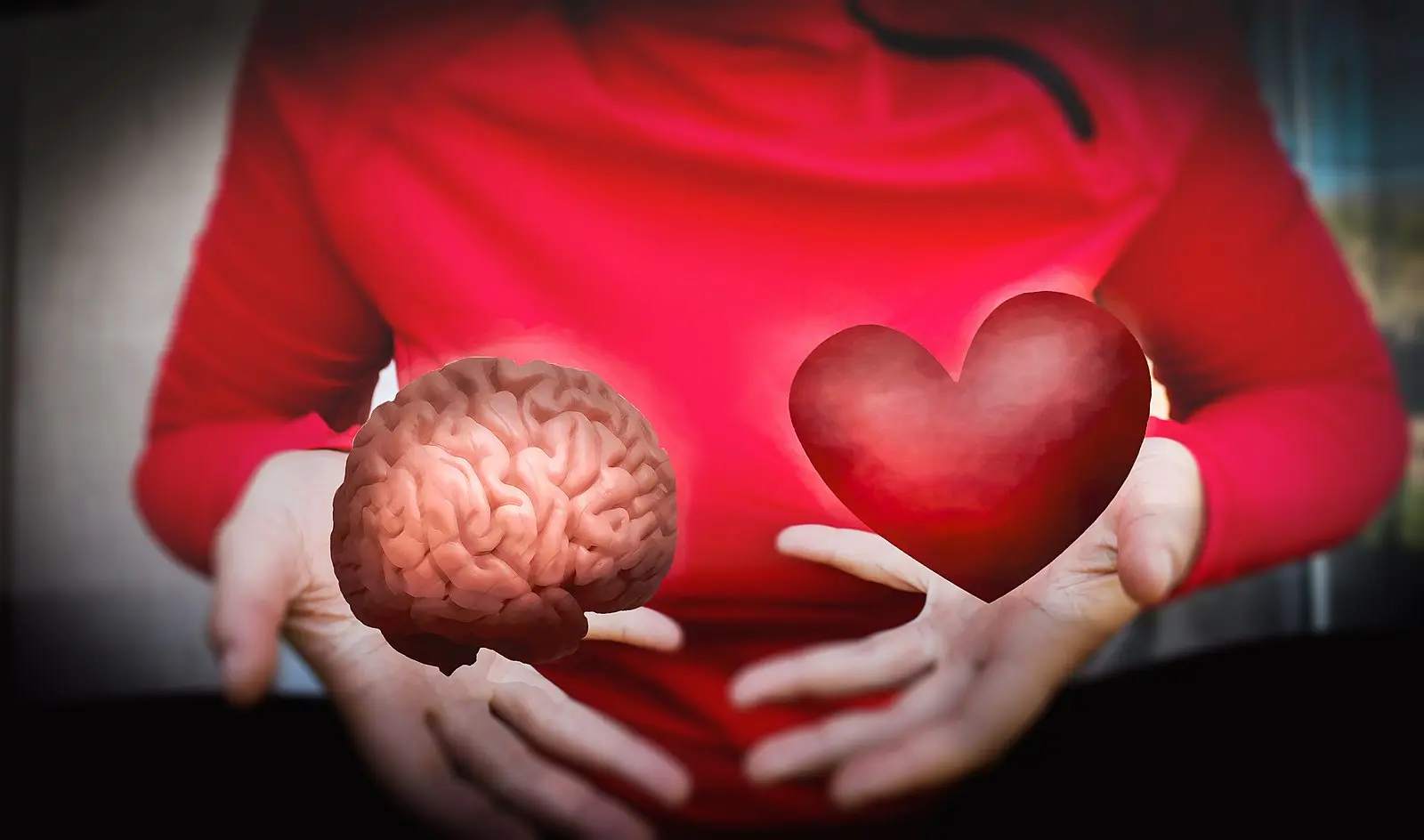Category: Practices for Inner Development
-

How to Talk to Our Children about AI
Artificial Intelligence (AI) is taking the world by storm. Many predict it will change human life as much as the Agricultural and Industrial Revolutions. Today’s youth are using it like wildfire. Just think of the temptations. They’re not only using it to do their homework, but they are asking it life advice and even in…
-

Growth Mindset in Education
How do we ensure our children will succeed in life. The key to unlocking this mystery starts with asking, what is the difference between a stone and a plant? Stop and consider that for a moment. A stone is inert and has no will of its own. It makes no choices, has no ability to…
-

Fourth Week of Advent: Human Being – Wisdom
In the fourth week of Advent, we honor the human being, a being of wisdom. We humans are said to have the other three kingdoms of nature within us. We share a mineral body with the stones. With the plants, we share the ability to grow, respirate, and heal. Together with the animals, we have…
-

The Science of Gratitude
The science of gratitude is getting much research attention these days. In an era where increasing many are plagued by a meaning crisis, this is a blessing. In this post, we’ll explore the demonstrated benefits of a gratitude practice and what it means for your children. Herein, what we mean by “gratitude” is doing a…
-

Michaelmas, 2025
Today is Michaelmas, otherwise known as the Day of Courage. It is the time in the year when the cooling forces of autumn sober the party of summertime growth. It is also the harvest time. In most Waldorf schools, stories are told, songs are sung, and a pageant features the Archangel Michael taming the terrible…
-

Self Care for Teachers (and Homeschoolers)
In this post, I’m going to discuss one simple, yet profoundly important, practice of self care for teachers and homeschoolers. Teaching can be and is deeply rewarding. At the same time, it calls us to live a high ideal. As Indian saint Shrii Shrii Anandamurtii, founder of spiritual movement Ananda Marga and Neohumanist Education says,…
-

Homeschool Easter
Homeschool Easter. You don’t have to be Christian to connect to its mythos and find value in its celebration. Of course, Christianity imbues this spring holiday with rich imaginations, but that’s not the point. The point is the resurrection of life as shown in these common symbols: In this post, I give some indications for…
-

The Formative Power of Gratitude
On Thanksgiving each year, many of us practice giving gratitude. Is this just a nice family tradition, or is there a truly formative power of gratitude? Let’s start with words of wisdom from wise people. Eckhart Tolle once said (paraphrased), “If you practice gratitude, life will give you more things to be grateful for.” In…
-

Civic Education in Homeschool
In the wake of this 2024 U.S. presidential election, I feel called to write a post about civic education. We have a deeply polarized nation, and that’s not good. For the record I must say that as a teacher, it’s not my place to take sides. Rather, it’s my job to preserve the sacred balance…
-

Emotional Intelligence
In this third post of our series on the 6 Basic Exercises, we will discuss “Control of Feeling.” A better title for this exercise would be “cultivating emotional intelligence through mastering the feeling life.” However, the Austrian simplicity of Rudolf Steiner preferred the shorter title, so we’ll go with that. This is probably the hardest…
